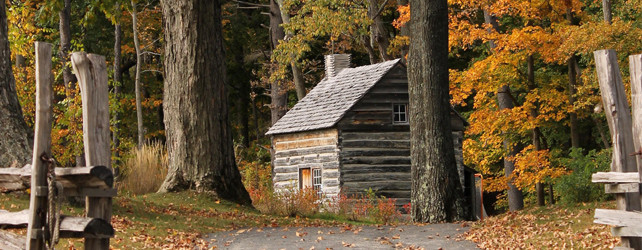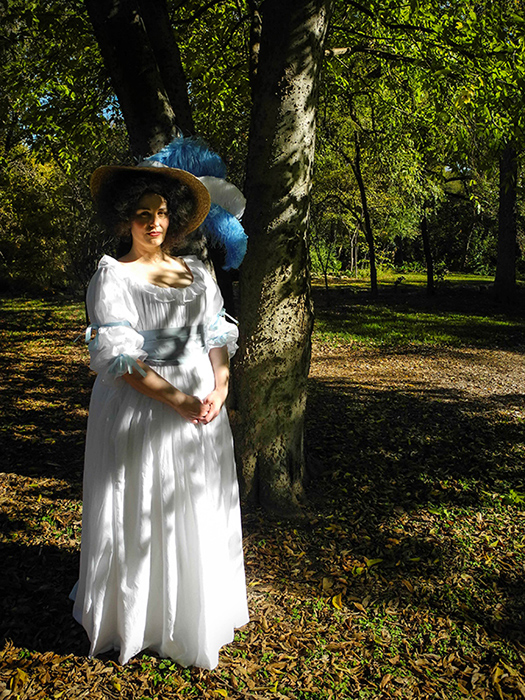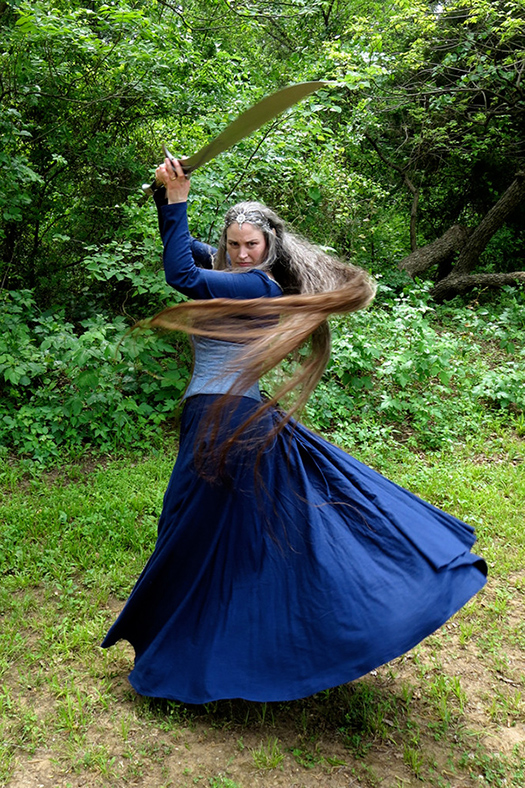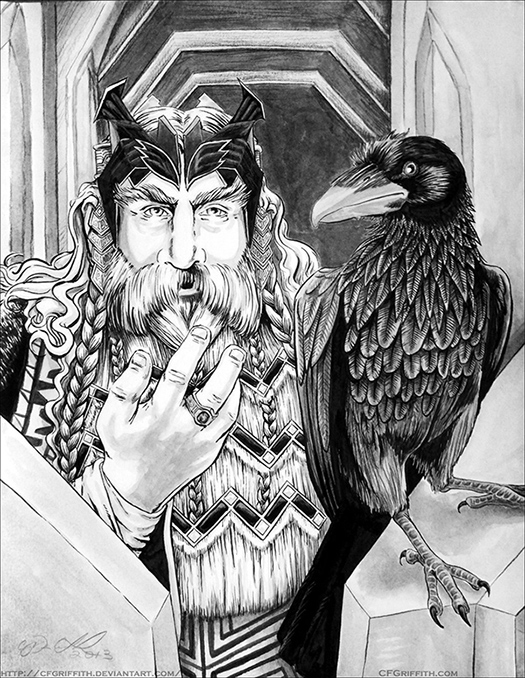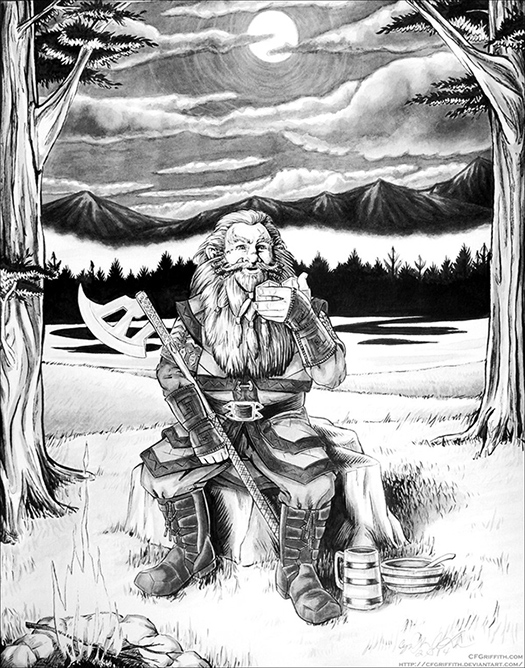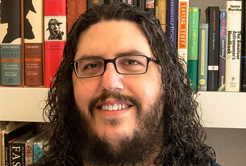It’s that time of the year: time for my annual electronic equivalent of retreating to a cabin in the woods by taking a social media break. I’m not sure if it will be a break from all social sites, or just Facebook, but this afternoon I said, “Time for the annual Facebook break!” I logged out and removed the app from my phone.
I’m not sure about other social sites right now because I can filter Twitter to see only what I want to see. (I do that on Facebook, but Facebook insists on still showing me things I’ve requested be hidden). Google+ and Tumblr are free of drama, politics, and stress for me — places I can visit and leave refreshed. So we’ll see about those other sites as the week moves along.
The Problem with Facebook
I don’t know why it just seems to be Facebook for me, but it seems there’s usually a topic of the week that gets discussed — and it’s often discussed with a certain angst.
- One week, talk about how depression kills. Then: “Robin Williams was a coward!” [Battles ensue.]
- Another week, people doing the ice bucket challenge. Then: “This is why you are a dummy-head for doing the ice bucket challenge!” [Battles ensue.]
- This week, people talking about a bunch of nude photos of female celebrities leaked online and shared. Then: “If they didn’t want the photos out there, they shouldn’t have taken them!” [Battles ensue.]
I know these same arguments are happening on Twitter, Tumblr, and Google Plus, but I only follow publishers, photographers, artists, and other people who tend to talk about positive things and creating work they love.
So I can’t say it’s Facebook’s problem exclusively. But I can say it’s the only network that keeps presenting things in my feed I’ve requested to not see.
“Are You Crazy?”
Most people I know understand why I take these annual breaks, but there are always a few who can’t fathom giving up the social sites they frequent. Those who use social sites to promote their work, and who know I do the same thing, usually ask:
“But doesn’t that affect your numbers?!”
I’m not a huge fan of tracking things; if you know me, you know I just like making the things I like and if people look, read, or listen — great. If not, it’s not the end of the world. For me, the most satisfying part is in the creation. This isn’t to say I don’t like having a following…especially as that following keeps growing
.
When I take a break from one or all social sites and don’t say, “New podcast!” “New story,” or “New video,” it’s reflected in fewer downloads. I’m not there to remind people to check out whatever new thing I’ve created, so fewer people check out what I’m doing. When I think back to every year I’ve taken a break, all the way back to the 101-day break that kicked it all off (and what I learned in taking that break), there is an initial fear of losing the following I have. It’s not long, though, before I remember the sense of peace that comes from stepping away.
Fear of Missing Out
Fear of missing out is enough of a thing that we’ve turned FOMO into a buzzword. With each break I’ve taken, someone has asked me if it bothers me that I miss out on what’s going on — as though nothing happens outside of social media.
Even during the breaks from all social sites, I still read and replied to blogs. I still saw people. There was email. Those closest to me knew how to get in touch if there’s an emergency (or if they just wanted to hang out or say hello). So what do I really miss, outside of the rage of the day or week?
[It didn’t even hit me until just now that there is a midterm election coming up, which means all the people who rarely/never spoke with me in high school (but requested to be friends on Facebook because, I assume, they think I share in their view that our current president is a Muslim lizard man who will impose Sharia law on us before 2016), will be out in full force soon. I won’t mind missing that!]
I may miss out on some good news along the way, some funny memes, and other things, but what is gained from these breaks is something that makes me a better writer.
Writing is What It’s Really All About…
For me, Jonathan Franzen’s words about electronic distractions holds weight:
It’s doubtful that anyone with an Internet connection at his workplace is writing good fiction.
I write best when I disconnect from distractions. I also write more when I disconnect from distractions.
I started the novel I’m working on almost three years ago. With a life, day job, weekly podcast, other writing, and additional things I do, my goal for a solid draft of a new book is every three years. I’m on pace to make my self-imposed deadline if I disconnect and focus.
So that’s what I’m going to do…
